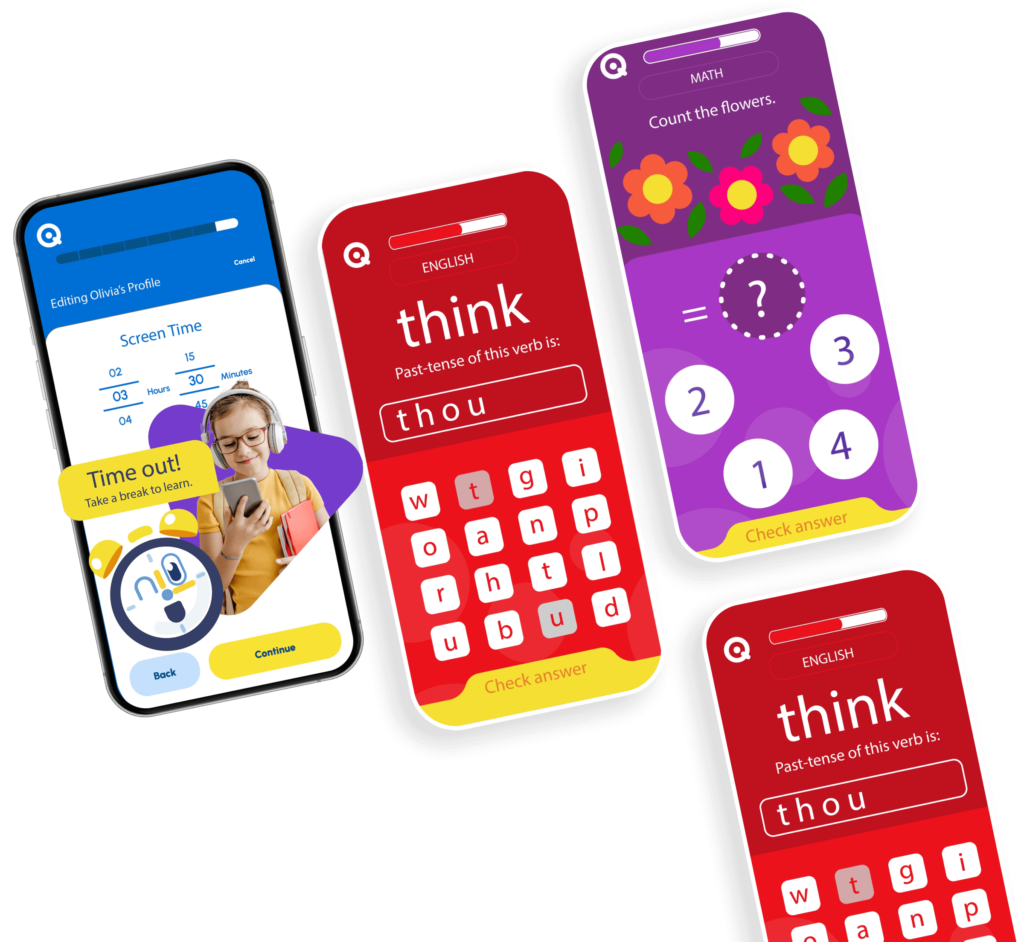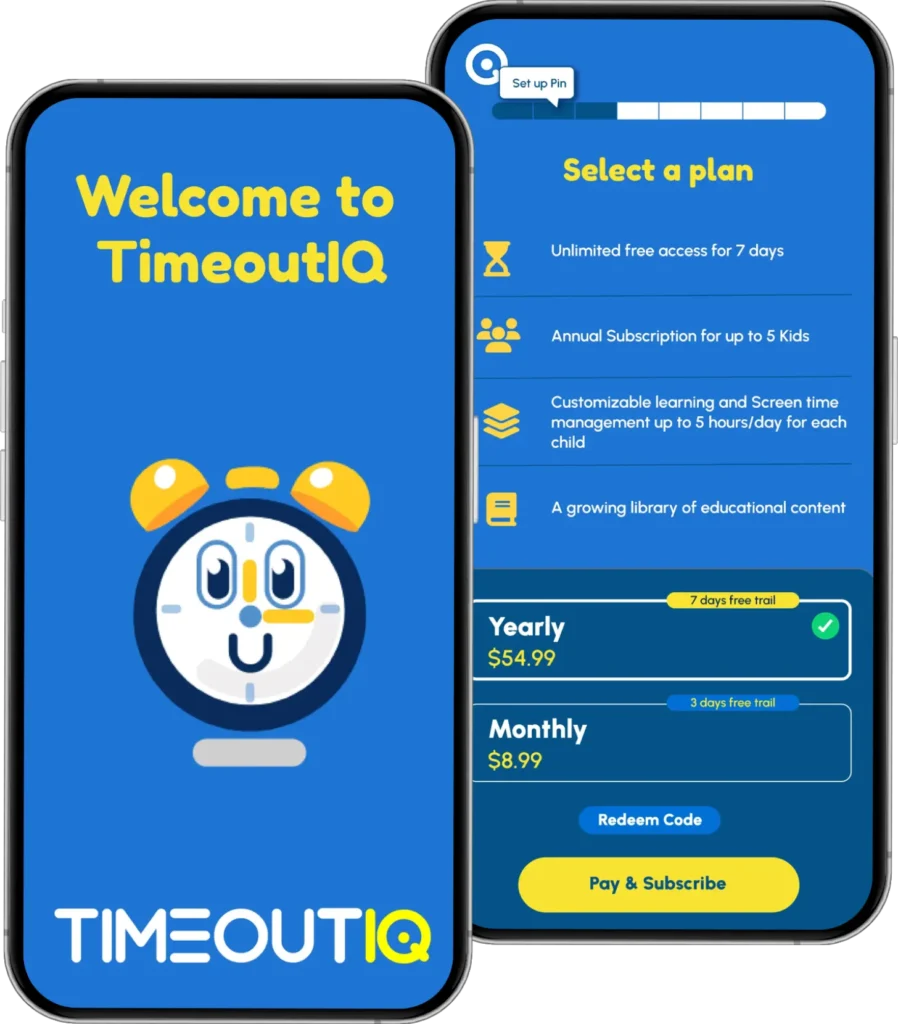– U.S Surgeon General
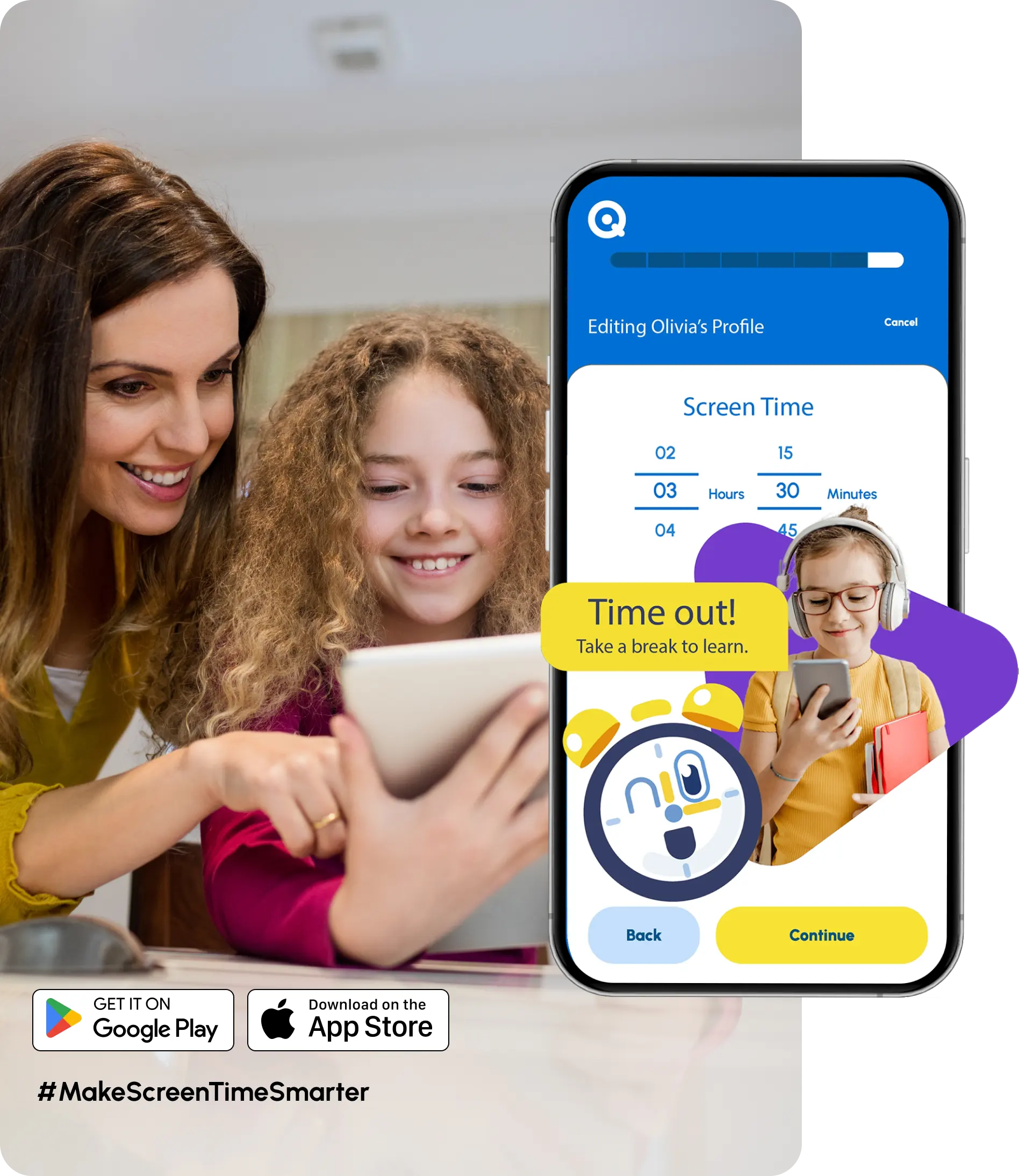
5 Reasons Parents are Signing Up for TimeoutIQ®

Smarter Screen Time Control

Customizable K-6 Curriculum

Safety and Peace of Mind

Track Learning Progress

Positive Reinforcement with Rewards
How TimeoutIQ® Works
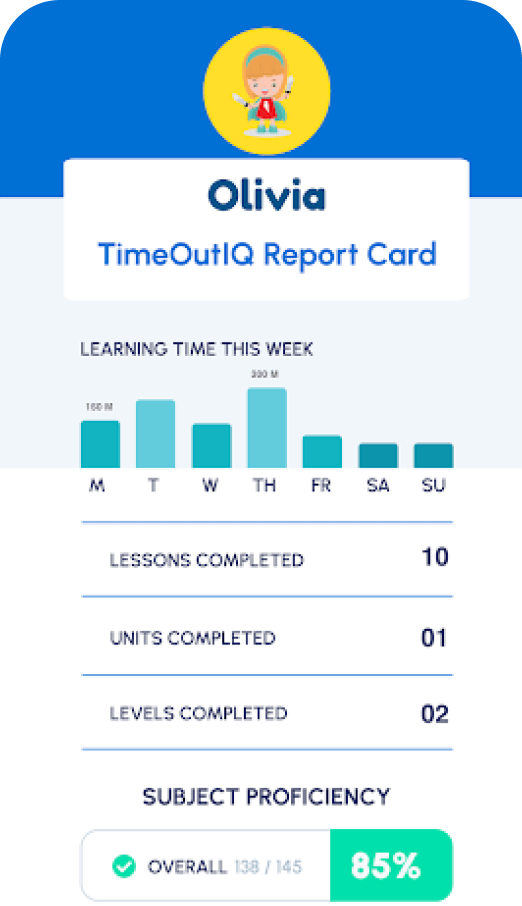
Monitor
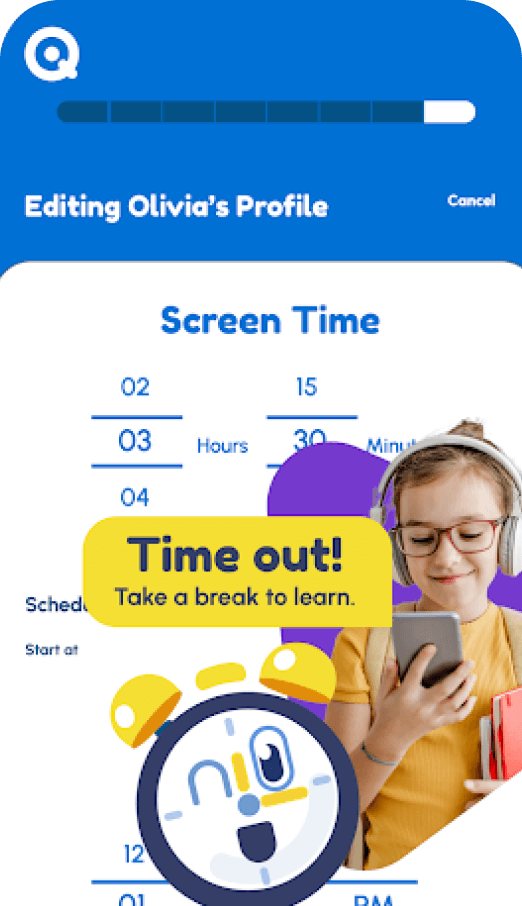
Protect

Educate
What Are They Saying About TimeoutIQ®

As a teacher, I know how quickly kids can slip into counter-productive online habits. By making screen time educational, TimeOutIQ is finally giving parents a way to fight back and protect the healthy development of our children.
– Jeff Hill, Toronto private school teacher
One of the best child monitoring app
Best child monitor app
Great app. Very useful in the summer
Love this app
Interactive Educational Content
Our content library is thoughtfully designed around the Common Core Elementary School Curriculum and developed by experienced teachers and education coaches.
No matter your child’s grade level, the questions and challenges are crafted to engage their critical thinking skills. This approach not only interrupts recreational screen time—like games, videos, and social media—but also reinforces what they’re learning in school.
By making subjects like math and science more familiar and approachable, TimeoutIQ® helps boost confidence and can lead to improved grades.
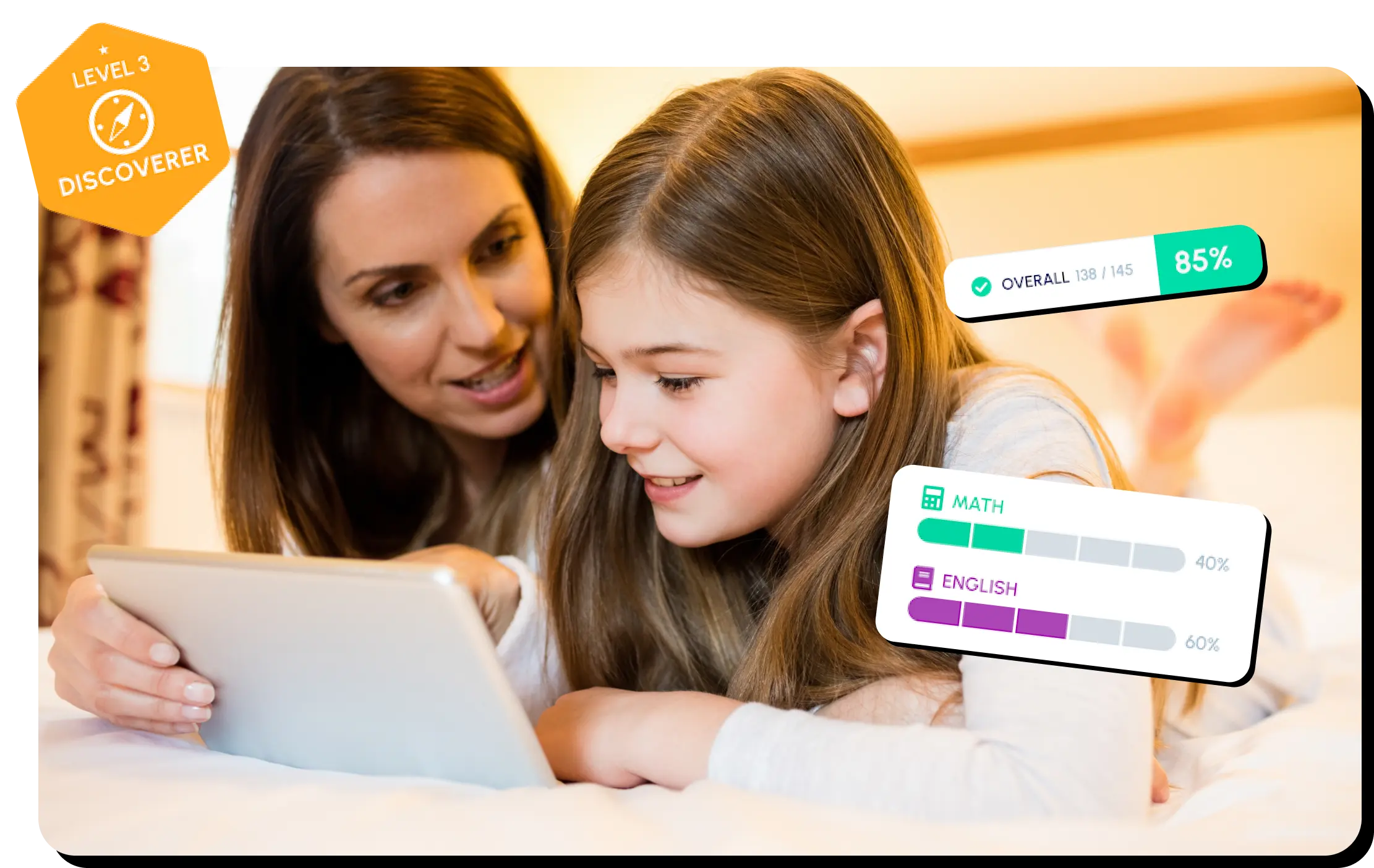

Need more info?
What can I do with the TimeOutIQ app?
What type of educational content is provided in the app?
Can I add my own educational content in the app?
How do you secure my information and keep it private?
We store your device ID, email address, and name and mobile phone (both optional if you chose to add these to your settings > profile) as encrypted data. If you lose your smartphone/tablet, or we detect unauthorized access, we will reset/delete your information. Your information is also deleted when you uninstall the app. We do not share or sell your information to third parties.
What is an Account PIN?
What do I do with an OTP?
What should I do if I encounter issues related to the mobile app?
First, if the app will not install, check to see if you are running our current version and, if not, perform an upgrade. Getting the latest version often solves this common issue.
If you have questions related to technical or billing related issues, please locate the Settings ( Gear Icon) in the lower right corner of the app. Navigate to About> Help > Technical Support or Billing Support
Please include the following information:
Type of device
OS version
Steps to reproduce the problem

